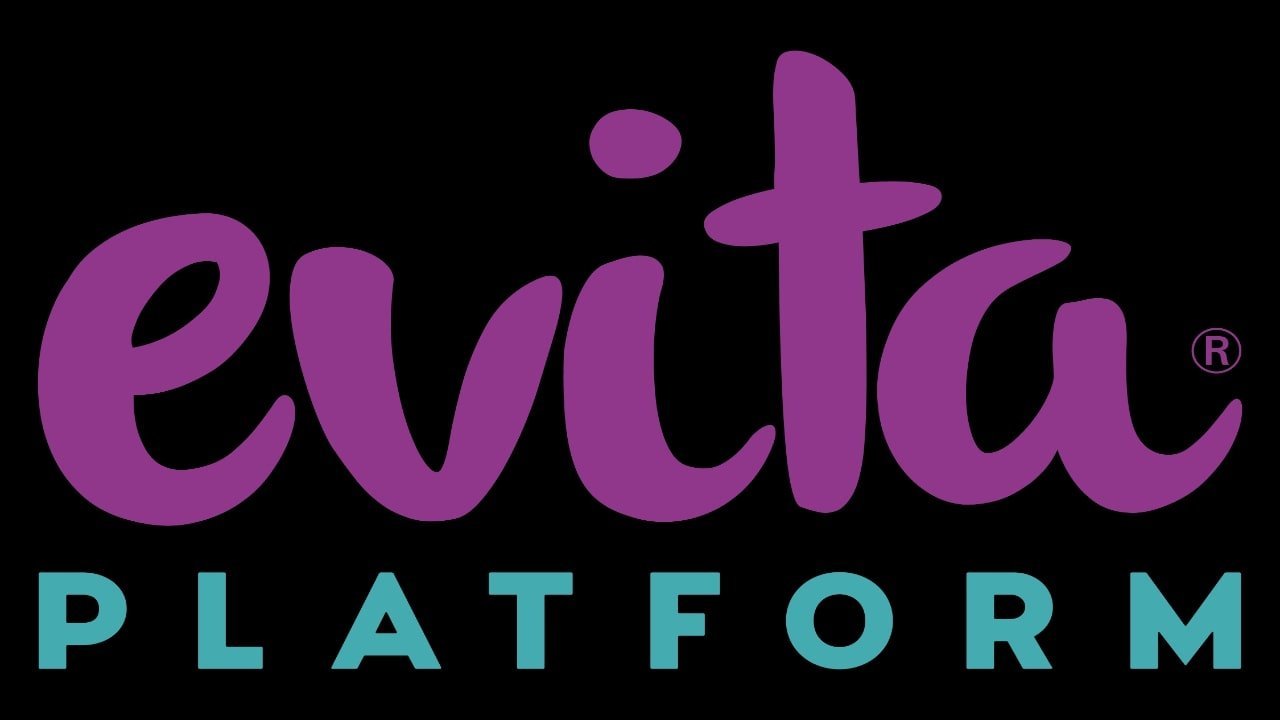EVITA is set to launch a revolutionary digital initiative, the EVITA Platform (EP), in February 2024, marking a significant milestone in the battle against Hereditary Cancer Syndromes (HCS). The EP was created with the intention of revolutionizing the field of hereditary cancer awareness, prevention, and management. It was inspired by the critical unmet requirements that were discovered during the course of EVITA’s 12-year existence while working with families impacted by HCS.
Hereditary Cancer (HC) makes up for around 10% of all cancers and has the biggest potential to be prevented or diagnosed at an early stage. H, however, early symptoms may be disregarded if the patients and/ or their doctors are not aware of their genetic predisposition. Additionally, its early onset and complexity make it one of the most economically burdensome forms of cancer. Recognizing critical gaps in HC management, EVITA identified several unmet needs such as lack of data on HC, poor identification of gene mutation carriers, prolonged waiting times, lack of awareness about HC and genetic illiteracy among the medical community and the general population, lack of information on fertility options and lack of resources.
Therefore, EP is aiming at two equally important goals.
One goal is to increase awareness of hereditary cancer in society and to provide assistance to people with an elevated risk of hereditary cancer. To achieve this goal, EP will supply verified scientific, clinical, and social information in lay language on hereditary cancer and offer a specific questionnaire to verify a possible indication for the user to undergo genetic counseling. EP will also assist citizens or mutation carriers by offering functionalities that cover the most required services, such as online psychological support and online genetic counseling.
Another goal that EP aims to achieve is to contribute to scientific progress in (hereditary) cancer investigation. We plan to accomplish this by creating a database that stores hereditary cancer-related data from mutation carriers, as well as real-world data related to healthcare (either on the impact of healthcare interventions or on the quality of the service provided) and lifestyle.
Besides offering several health management functionalities for the general community, EP will also benefit the medical community and scientific researchers, who will have dedicated areas with different permissions depending on their users’ profiles. Physicians (i.e., general practitioners and oncologists) with access granted to a particular patient profile, will be able to assess centralized clinical information, to provide teleassistance, and to collect relevant information during the patient journey. On the other hand, scientific researchers will have the opportunity to extract personalized data by either launching cross-sectional questionnaires targeted to specific EP users, in a cost-effective way, or by requesting access to specific datasets that were already generated.
In conclusion, the EVITA platform will be a useful tool for any citizen to assess their cancer risk based on genetic predisposition and to provide high-quality health information to patients, healthcare providers, and institutions. This will enable better health decisions and outcomes, encourage effective preventive strategies, and support early detection and treatment of cancer, all of which will contribute to the overall value of the health system.
Discover more about EVITA – Cancro Hereditário:
EVITA is a portuguese non-profit patient organisation, that, since 2011, is on a mission to save lives and improve the quality-of-life of oncology patients and individuals as well as families affected by hereditary cancer. EVITA’s president, Tamara Milagre, is a certified Patient Expert by the European Patients Academy (EUPATI), a member of the ePAG Council at the European Reference Network GENTURIS and an active member of National Cancer Hub Portugal. She passionately advocates for the prevention and treatment of sporadic and hereditary cancers and supports people who deal with the risk factors associated with these diseases. Tamara Milagre has been distinguished by the Portuguese Minister of Research and Education and received the Medal of Scientific Merit 2020.

